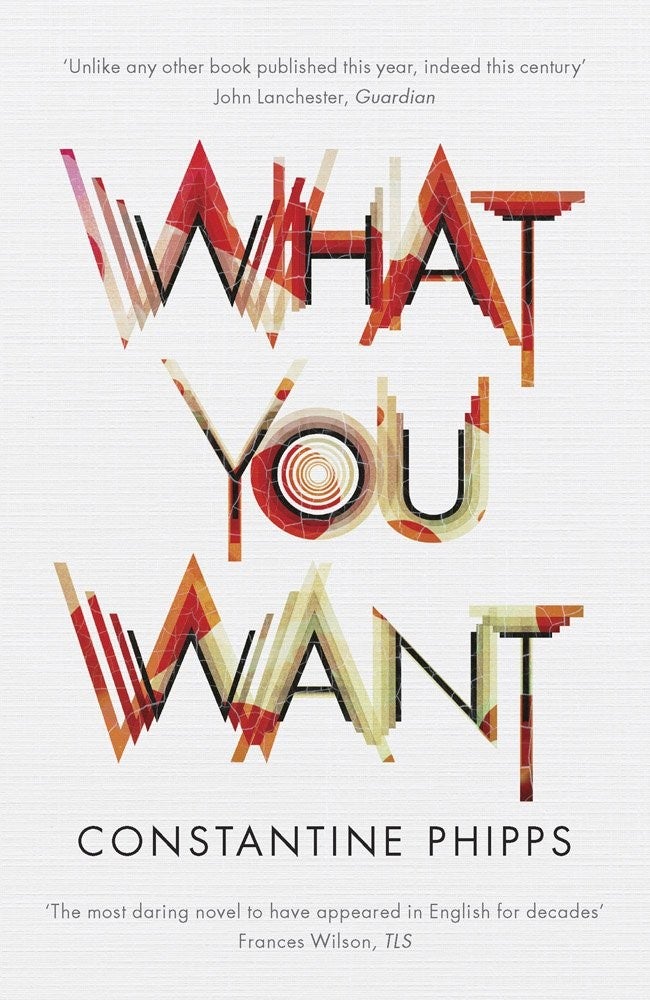Paperbacks of the Year 2 of 3, by Brandon Robshaw

The Sense of Style, by Steven Pinke. Penguin £9.99
I’ve long been a big fan of Steven Pinker. His book The Better Angels of Our Nature was the best and most interesting book I read in 2011. In 2015, he has treated us to his thoughts on how to be a good writer, in The Sense of Style. Unlike most style manuals, which tend to be written by pompous pedants who think the language should have been fossilised in about 1900, this book is informed by genuine expertise – Pinker is a cognitive scientist and linguist, able to explain Chomskyian linguistics so that laypeople can understand, with a far deeper knowledge of grammar than the self-styled “language mavens”.
He also happens to be an outstandingly clear, precise, witty, and elegant writer. The book falls into four main parts. First, analysis of good writing, and why it works, with exemplars from writers as disparate as Charles Dickens, Richard Dawkins, the advice columnist Dear Abby, and Rebecca Newberger Goldstein (Pinker’s own wife). Then Pinker turns his gaze to bad writing, showing up the pretentiousness, narcissism, and wilful obscurity of academic style, especially of the post-Modernist kind.
Then he gleefully debunks pathetic shibboleths beloved of prescriptive grammarians; split infinitives, using “they” as a gender-neutral pronoun, etc. (It’s fine to totally split infinitives and if anyone says otherwise, they’re wrong.) Finally, Pinker offers his own rules, which are based not on unreasoning conservatism but the requirements of clarity, accuracy and euphony. There is a brilliant nine-page disquisition on the comma.
Not every writer could make that interesting. George Orwell wrote that there must be a connection between literary style and political affiliation, and somehow one knows that Pinker’s pellucid, classic style could only come from a rational, decent, humane, scientifically minded liberal humanist.
Gone Gir, by Gillian Flynn. Phoenix £8.99
I didn’t review this when it came out, but bought it thinking it would be a good book to take on our family summer holiday. How right I was. For three days my 16-year-old daughter was immersed in it; then it was immediately passed on to my 18-year-old daughter, and as soon as she’d finished it my wife picked it up; and once she’d finally raised her eyes from it, I read it myself.
It’s one of the most artful and addictive thrillers I’ve read in a long time. On the day of his fifth wedding anniversary Nick’s wife disappears; emails on his computer, which he has no recollection of sending, appear to incriminate him.
His account is interspersed by passages from his missing wife’s diary, which cast him in an extremely unsympathetic light.
But what is true and what is made up? The story continually forces you to shift sympathies, to reconsider and re-evaluate: you don’t read it passively. As we lay on the beach in the baking sunshine reading it, our brains were working feverishly.
Bark, by Lorrie Moore, faber and faber £8.99
This collection of eight short stories achieves the feat of being supremely literary, and sweetly readable. The prose is elegant but quirky, full of arresting descriptions. Moore’s territory is the minutiae of everyday life, and how layers of feeling underlie the most ordinary transactions.
“Debarking” tells the story of a divorced Jewish guy who falls in love with a crazy woman who has a crazy son; “Foes” is about a liberal couple who, at a charity dinner, find themselves seated next to a right-wing Republican woman, badly burned in the 9/11 attack on the Pentagon .... Imprinted deep in all the stories is a sense of the evanescence of life. We’re not here for long, but so much stuff happens while we are.
Kolymsky Heights, by lionel davidson faber and faber £8.99
First published in 1994, Kolymsky Heights follows the form of the classic quest. Dr Johnny Porter – a native American from the Gitksan tribe in Canada, a polyglot with a PhD in anthropology – receives a message from an ageing scientist at a top secret research institute.
A momentous scientific discovery is to be imparted, while there is still time. The difficulty: the institute is in the bitter wilds of Siberia, and zealously guarded by the Russian military. The lengths to which Porter goes to get in, and then to get out again, are incredible.
And the scientific secret – well, there turn out to be three of them, and any one would be a worthy goal for a quest. Few thrillers are as scientifically or philosophically enthralling as this.
What You Want, by Constantine Phipps, Quercus £8.99
You might think a 309-page novel written in rhyming iambic pentameters would be an effort to read. But you’d be wrong.
The opening avows its debt to Dante: “When I was about halfway through life/ (Always a cheery moment) I lost my wife/ To another man ....” After his unhappy separation, having taken his son on a disastrous trip to Disneyland, alone and drunk on whisky, Patrick is visited in a dream not by Virgil but by Sigmund Freud, who takes him through a series of animatronic scenes, some from his own life, others where he meets historical figures.
The purpose of the quest is to find out what we want from life. Clever, thought-provoking and eminently readable, it’s not quite like anything else I’ve read this year.
Subscribe to Independent Premium to bookmark this article
Want to bookmark your favourite articles and stories to read or reference later? Start your Independent Premium subscription today.

Join our commenting forum
Join thought-provoking conversations, follow other Independent readers and see their replies